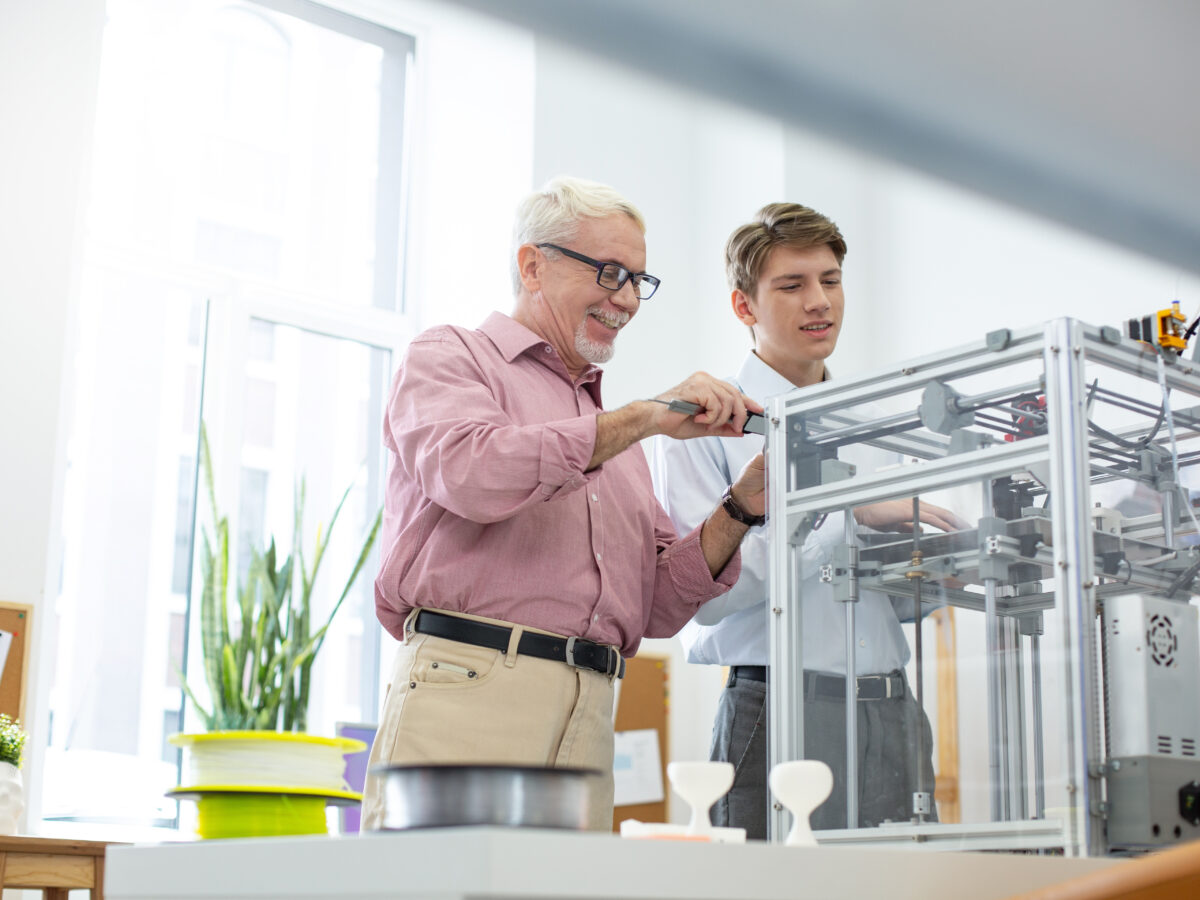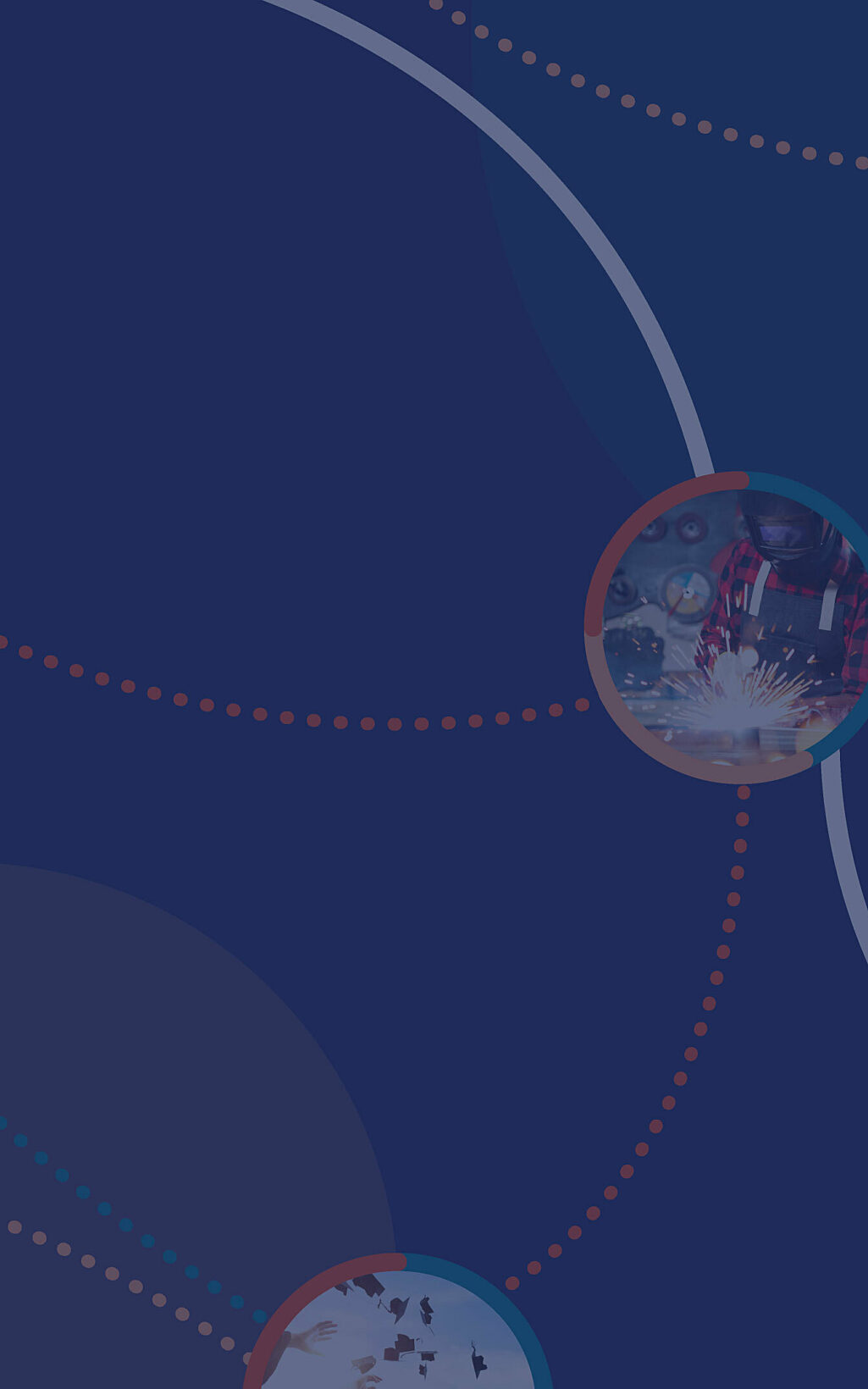
Years ago, a very good friend of ours graduated from the Purdue University College of Engineering. Later, we talked about what he had learned and how he had applied it in the real world. He explained that while taking his final exam, he made a huge mistake in his computations; the small gear for a machine he created would not fit in a large room. He expected to fail the course and not graduate on time. But his professor told him that while the calculations were incorrect, the process was perfect. He passed. From that day on, he understood the importance of the process. (And the need to check his work!)
In career readiness, the process of deciding one’s future is vitally important. Often, we focus instead on the product. When we ask our kids, “What are you going to do when you grow up?” we are asking for a product. However, a report in 2017 from Dell and the Institute for the Future stated that 85 percent of the jobs that will be available in 2030 were not in existence in 2017. The message that a product (a career) does not yet exist is so hard to fathom that many of us just block it out. How, then, can we expect a person of any age to know what they want to do in such a fluid world? The process of deciding your future has become more important than the product as the future becomes more complex.
The process of deciding on a future career is found within five logical steps that work for students and adults alike. The five steps help answer these basic questions: Who am I? Where am I going? How will I get there? The emphasis is on self-discovery.
- Know: Who am I as a person? What are my core values? What helps me become intrinsically motivated for an unknown future? What hobbies do I like to do that allow me to change my focus and recharge?
- Connect: Make a connection between who you are and the pathway you are interested in following. If you have no strong interest, keep researching, looking, and digging into future possibilities. Try to find a pathway that grabs you at least a little.
- Select: Look at the connections and pathways and pick a few to study more closely. These selections will change over time, but more reflection and focus will put you on a general path to selecting a career.
- Invest: In relation to your present most likely choice, what is the cost in time and money? How much time will the training take? How much money will the training take? Do you have the grit to invest the time and effort into the training? How can you pursue the certification, apprenticeship, or degree while accumulating the smallest amount of debt?
- Go: The world of career readiness and education is a world of transitions. If you have a goal in mind in sixth grade, what do you need to do to transition successfully to seventh grade, to high school, to postsecondary education? The Go step is all about goal attainment and moving on to the next step in the process of transitions.
The five-step process is personal and lifelong. Whatever our age, we make changes and transitions. These changes in our personal life or our career, are best fulfilled if we follow the process of self-reflection and self-discovery. Answering the questions Who am I? Where am I going? and How will I get there? is not just for children.
The future depends in part on the strength of process, imagination, collaboration, and personal agility. But how do our students make their future relevant if the endgame is undefined? How can they get excited about something that doesn’t exist? In a world that is changing radically every five to ten years, with moving targets as our goals, the process will help bring that nebulous future into our control. We can’t control the future, but we can control our processes that lead us to a future of personal growth and satisfaction based on our core values and beliefs.
